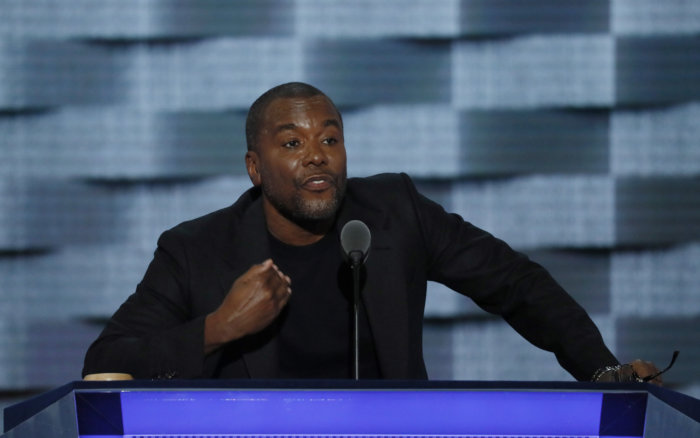By Rollo Ross
Billie Holiday, considered one of the greatest jazz singers of all time, has long been remembered for her expressive voice as well as a history of drug and alcohol addiction and her untimely death at age 44.
The new film “The United States vs. Billie Holiday” aims to change the public’s perception of the singer and shine a light on her role as a leader in the push for Black civil rights, the movie’s director and star said in an interview with Reuters.
Streaming now on Hulu, the film tells the story of the uproar caused by Holiday’s singing of the ballad “Strange Fruit,” a protest song about the lynching of Black people. She initially performed it in 1939 at New York City’s first racially integrated nightclub, Cafe Society.
Government authorities ordered Holiday to stop singing “Strange Fruit” but when she refused, the FBI targeted Holiday as part of a crackdown on drug use, according to the movie, which is based on an account in a 2015 book by journalist Johann Hari called “Chasing The Scream: The First and Last Days of the War on Drugs.”

Director Lee Daniels said he wanted to highlight this little-known part of Holiday’s life and show her as more than just a tragic figure.
“Billie’s story must be told,” Daniels said. “And how many other stories like Billie’s are there out there that we don’t know about? That’s what I found upsetting. That I was 61 years old, and here we are. I’m just learning about the importance of ‘Strange Fruit.'”
Grammy-nominated singer and songwriter Andra Day plays Holiday in her first acting role, which has earned her a Golden Globe nomination. Day said she took on the part to help shape narratives around Black history.
“The narrative war is so important for actually rooting out oppression, for actually undoing and breaking down the system,” Day said.
She added that Holiday’s story “is relevant today. It was relevant 20 years ago, and will likely be relevant 20 years from now.”
Reuters





























